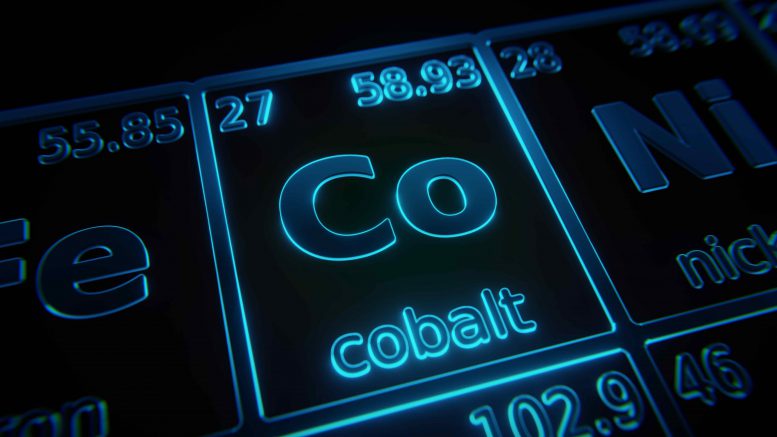The cobalt market was mixed this week after the Democratic Republic of Congo, the world’s top producer, banned exports for four months to spur the battery metal’s price from historical lows.
Electra Battery Materials (Nasdaq: ELBM; TSXV: ELBM), which is building a nickel-cobalt refinery in Ontario, gained 8.3% on Wednesday in Toronto to close at $2.49 apiece, valuing the company at $35.6 million.
Yet, cobalt prices rose less than expected to $9.95 per lb. from $9.77 per lb. on Feb. 19. The price is still hovering near 2016 nominal lows after the metal peaked in early 2022 at $37 per lb. and $82,000 per tonne. Adjusted for inflation, prices are near their lowest-ever level.
Chinese companies Zhejiang Huayou Cobalt closed 5.5% higher in Shanghai on Wednesday, while Nanjing Hanrui Cobalt fell 1.9% in Shenzhen. Hong Kong-listed CMOC Group, which is ramping up two mines in the DRC, has fallen slightly since the country announced the policy on Monday.
The decision, which is expected to remove 65,000 tonnes of immediate supply, prompted BMO Capital Markets to predict prices would “skyrocket within days and weeks.” The export control is supposed to be temporary, but more measures are likely, the bank said.
“While this may prop up the cobalt price in the medium term, we expect it to be the final straw for some consumers that have suffered cobalt’s ESG issues for long enough,” BMO metals analyst George Heppel said in a note, referring to concerns over human rights abuses and conflict associated with mining in the central African country.
Opposite impact
Manufacturers may now turn to other metals, “especially in the battery space where cobalt-free options continue to improve in quality,” Heppel said. “We believe that this move will be a net-negative for long-term cobalt demand growth.”
Glencore CEO Gary Nagle, speaking at a BMO conference this week, said the DRC’s policy is “the first step towards supply discipline,” and that the company’s discussions with the government suggest “there will be next steps,” Heppel said. Glencore is a major cobalt producer.
The glut has forced some companies such as Australian Jervois Global, which owns the only U.S. cobalt mine, to go broke. Concerns about the metal’s supply prompted General Motors in October to promote lithium iron phosphate technology, which reduces cobalt use and lowers cost by up to $6,000 per vehicle.
Perfect storm
“The cobalt sector currently has faced a perfect storm of stagnating demand from the battery sector and rapidly accelerating output, with Indonesian HPAL (high-pressure acid leach method) ramping up and DRC miners desperately chasing after copper units with often little regard for the by-product cobalt produced,” Heppel wrote.
Also this week, the DRC said the rebel M23 militia group, which has captured territory in the country’s unruly far east, is allowing neighbouring Rwanda to raid Congolese resources. A presidential spokesperson urged traders to source minerals directly from the Congo and floated the concept of a deal with Washington to encourage more U.S. investment.
While the DRC produces 70% of the world’s cobalt, security analysts have said nearly $1 billion vanishes from the legal supply chain each year.


Be the first to comment on "DRC export ban fails to rocket cobalt"